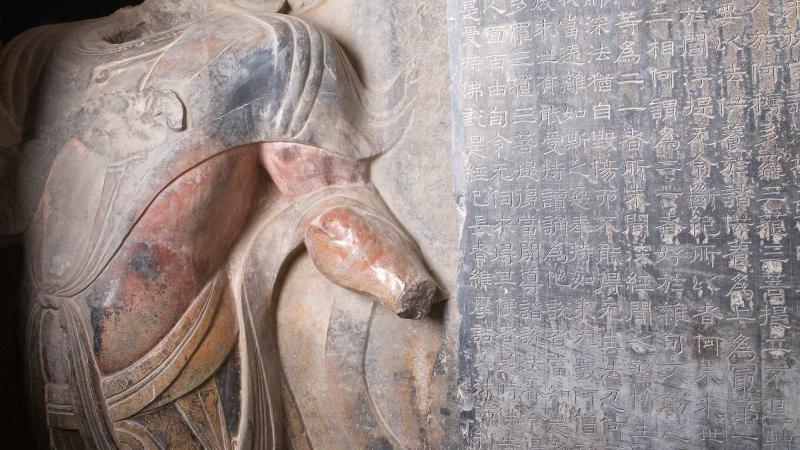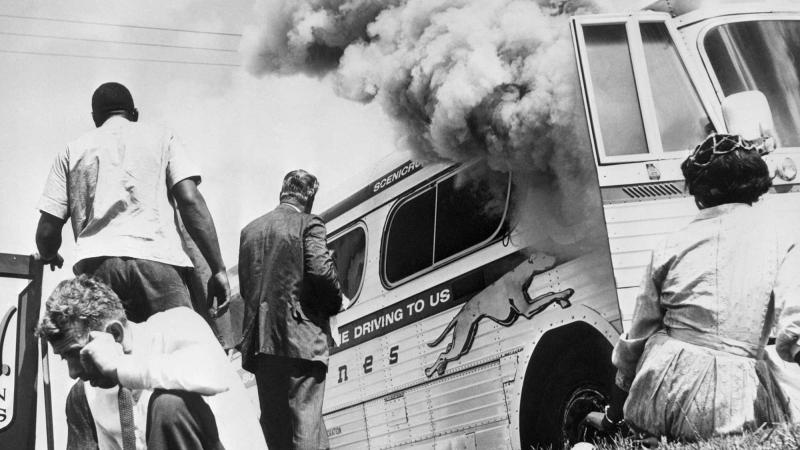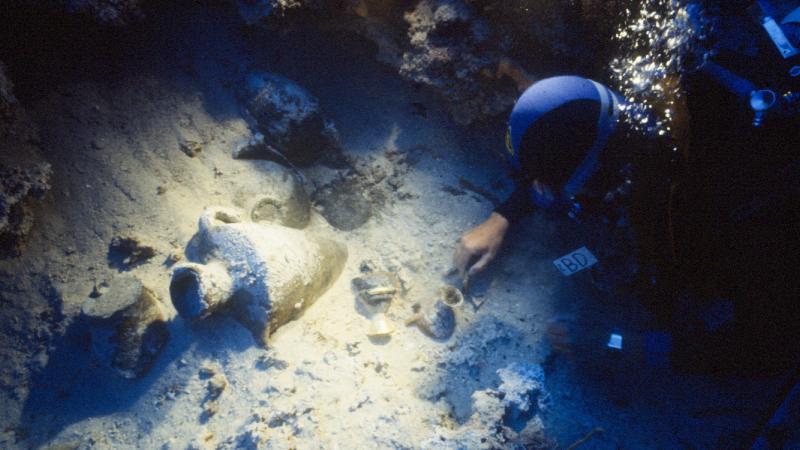Do ancient plays still have relevance to modern audiences? Aquila Theatre shows they do, even though these lines from Sophocles’s play Philoctetes are, in one sense, more than 2,400 years old:
"His wounded foot was weeping disease,
And no libation or sacrifice
Could be made in peace while he cursed
The fleet with his horrendous wailing . . ."—Philoctetes (Sophocles, 409 BCE; translation, Peter Meineck)
Odysseus, king of Ithaca around the 12th century BCE, is talking about Philoctetes, the archer for whom the play is named. When they traveled to make war on the Trojans, Odysseus and others abandoned Philoctetes because of his festering, foul-smelling foot wound—the result of a poisonous snakebite. A decade later, Odysseus must ask the exiled Philoctetes for help.
In another sense, the words of Odysseus are very current, raising issues of comradeship, ethics, and war.
Through performances and dramatic readings across the country, Aquila Theatre’s NEH-funded YouStories program uses performances from classic plays like Philoctetes to connect veterans and the public, finding resonance between the ancient words and veterans’ own experiences to create new stories. Veterans can upload videos of their own war and homecoming stories through the YouStories web app, to be stored in a Library of Congress archive.
Aquila’s focus on veterans and the classics arose from Aquila’s first NEH grant of $292,585 for the program called Page and Stage, says New York University professor Peter Meineck, Aquila’s founder. “As a theater company, we were not always reaching where people were,” says Meineck. “So we fine-tuned a way to bring classical material in a public, accessible way to the libraries,” through dramatic readings supplemented by extensive humanities programs, including public lectures, film screenings, and reading groups. “We had a lot of veterans coming, who were very interested in the material.”
An $800,000 NEH grant funded an expanded version of the program, Ancient Greeks/Modern Lives, which ran from 2010 to 2013. That program eventually reached 115 sites around the country, says Meineck. “There was one component aimed at veterans, and that was more and more what people were asking for.”
YouStories, which came next, will be followed by Aquila’s newest NEH-funded veterans outreach program, Warrior Chorus. “I’m most excited about Warrior Chorus,” says Meineck. “More and more, we’ve started to hire veterans, worked with veterans on a grassroots level,” he says. “With Warrior Chorus, we will train veterans to do the programming, to be the actors or the humanities coordinators, and to get paid doing it,” opening new career paths in the arts and humanities.
At sites in four states with large veteran populations (Florida, California, Texas, and New York), a program director and coordinator will also work with veterans developing their own projects—photographers, filmmakers, artists, musicians—and local scholars will help connect the projects to the ancient dramas. The arts are “a great way to think about humanities content,” says Meineck. If all goes as planned, Aquila will tour the artwork with its shows and hire performers from the four sites for its future tour of The Trojan War.
Written by Esther Ferington, an editor, writer, and content developer in Northern Virginia.


